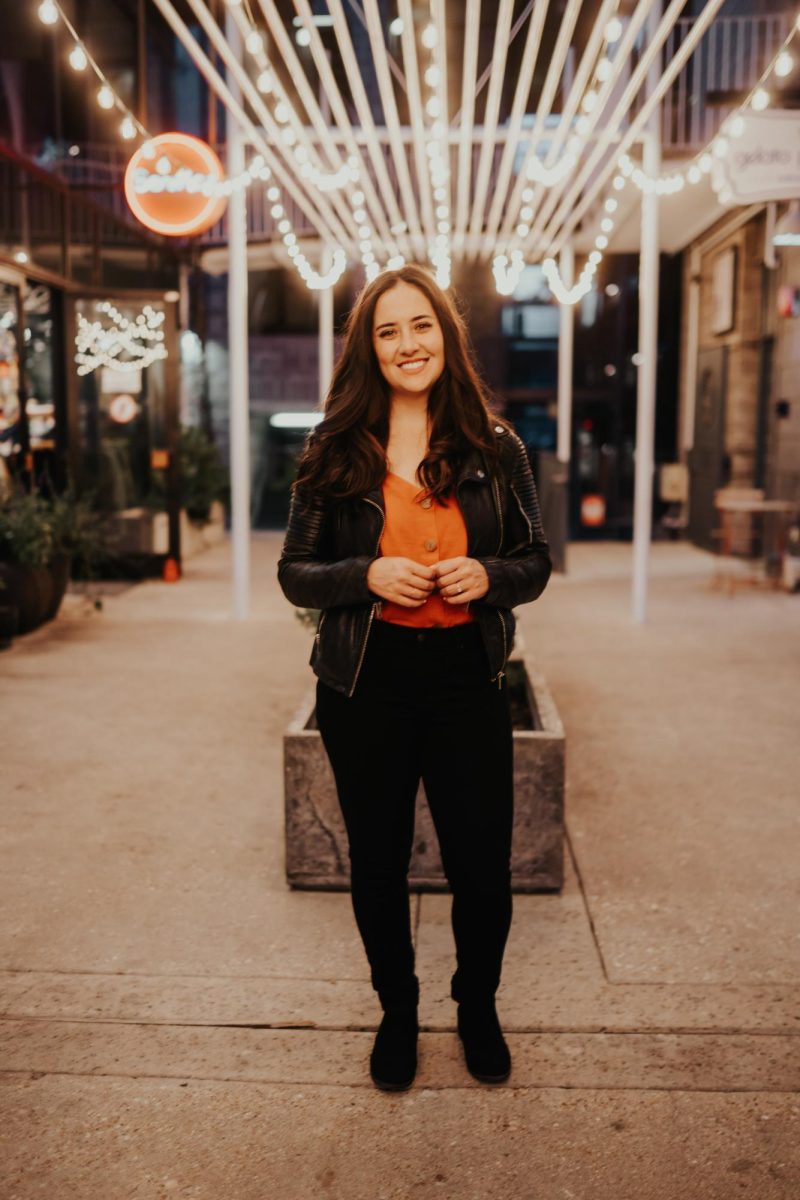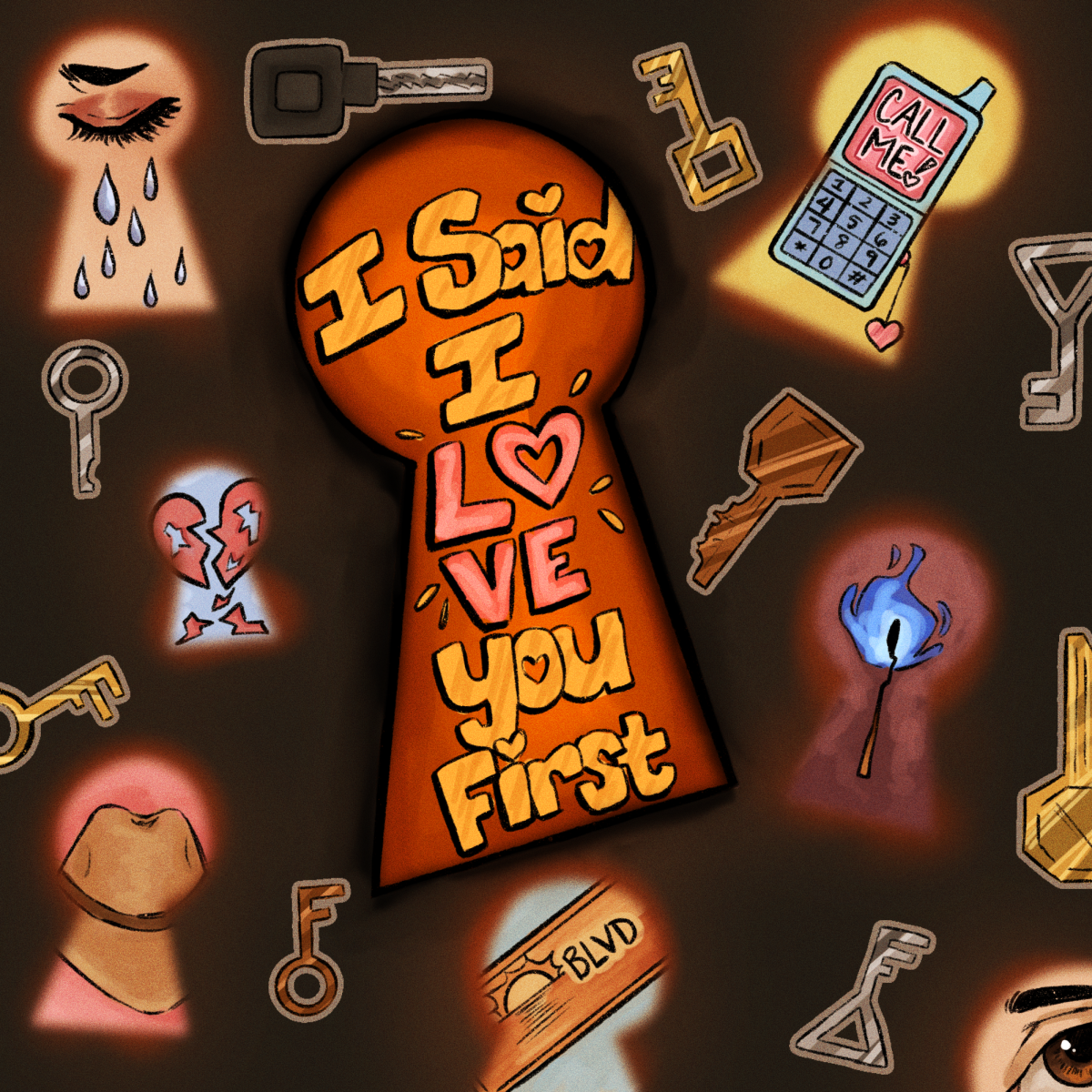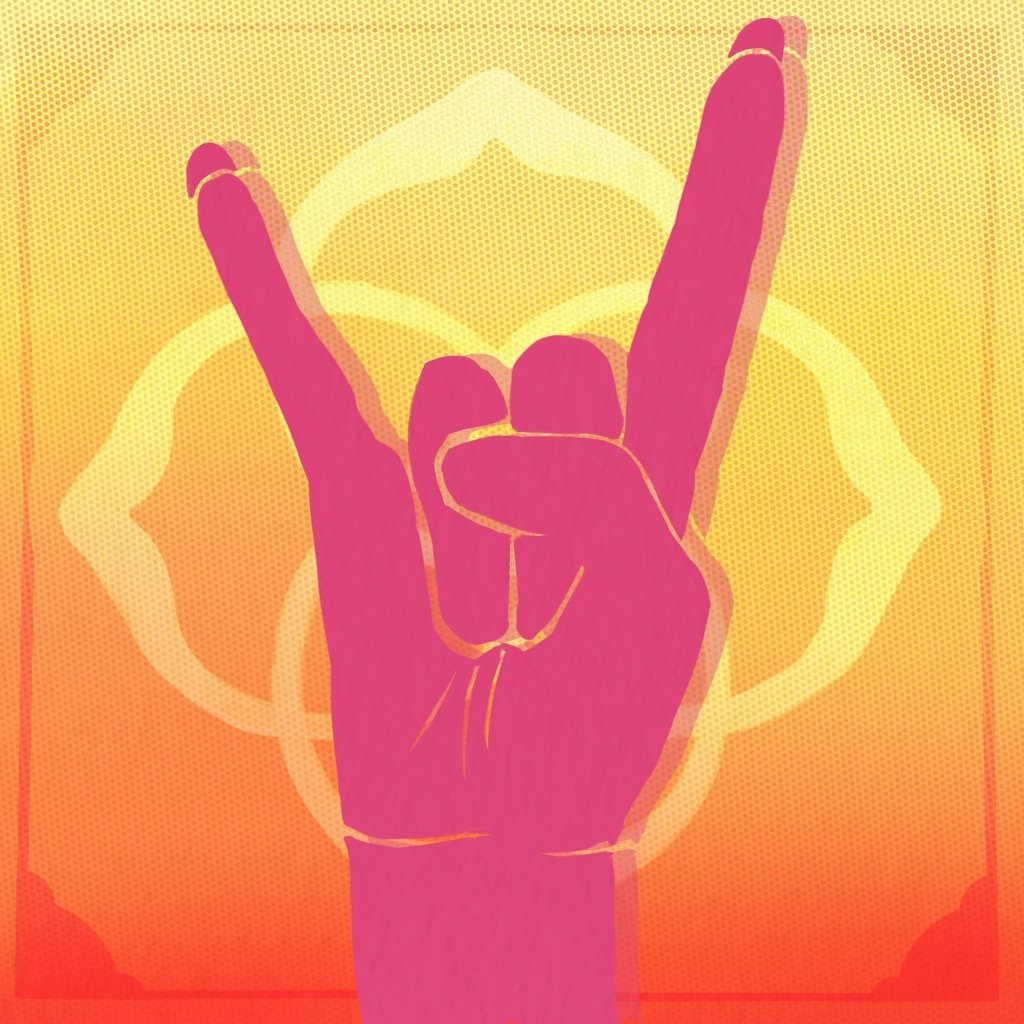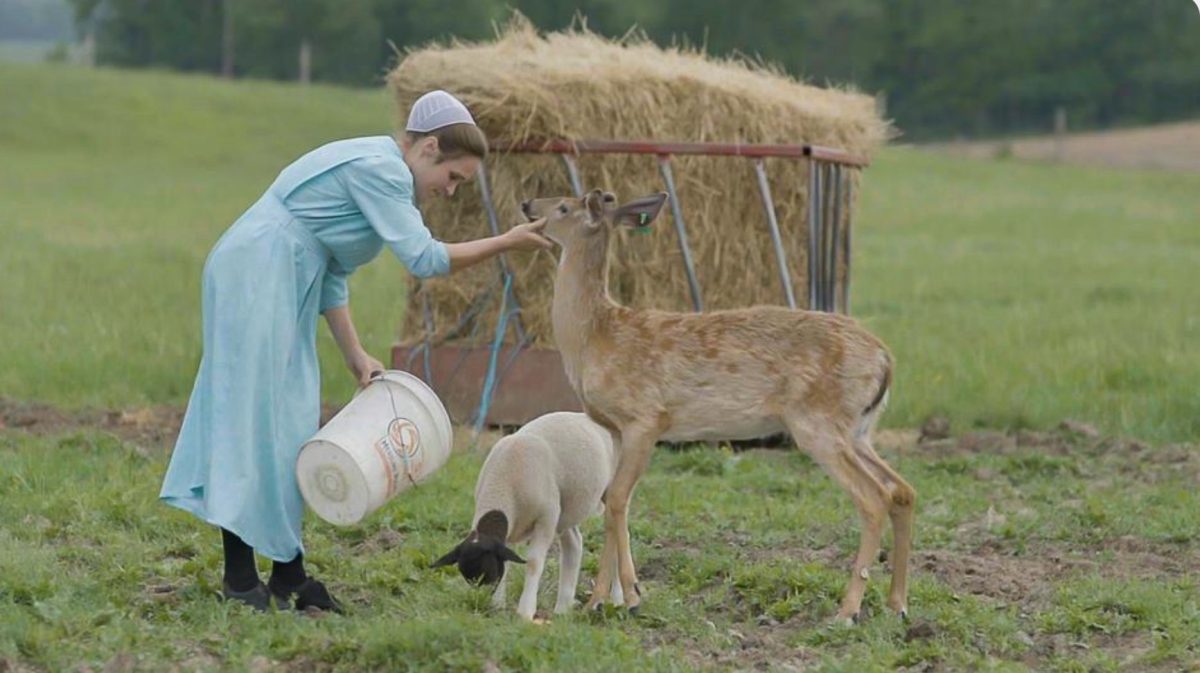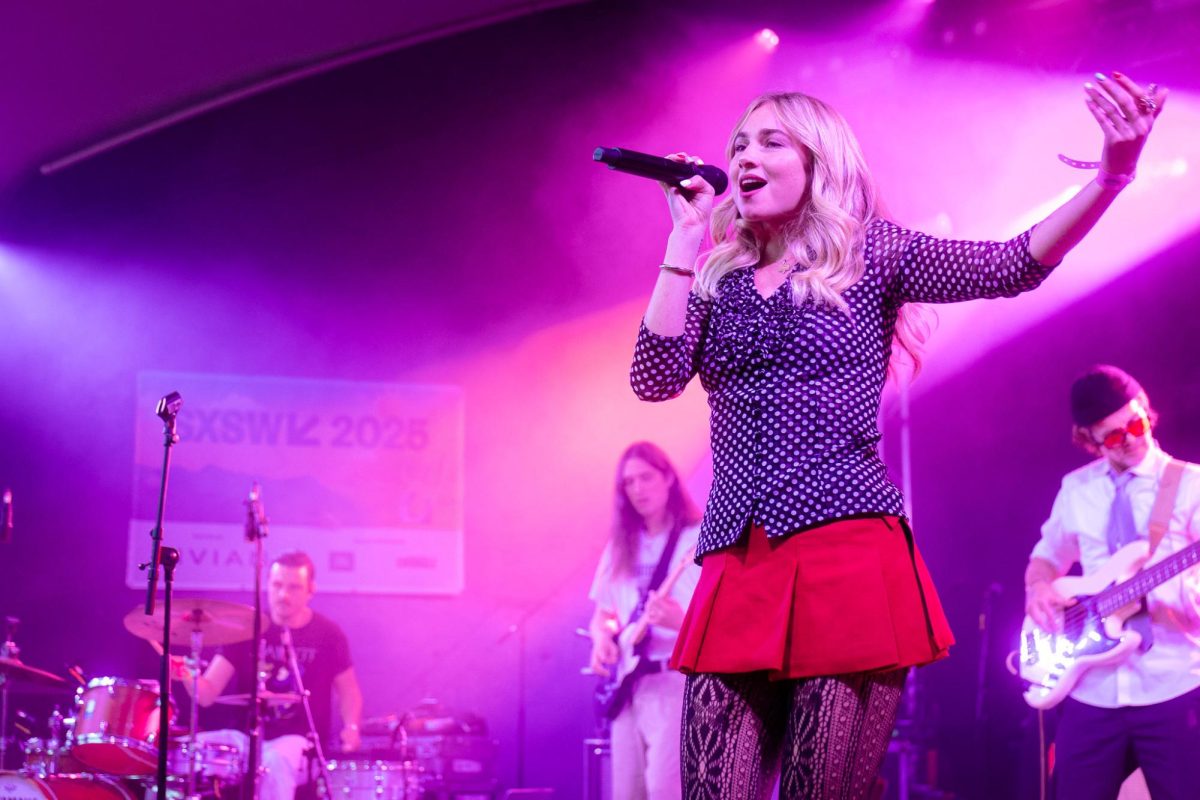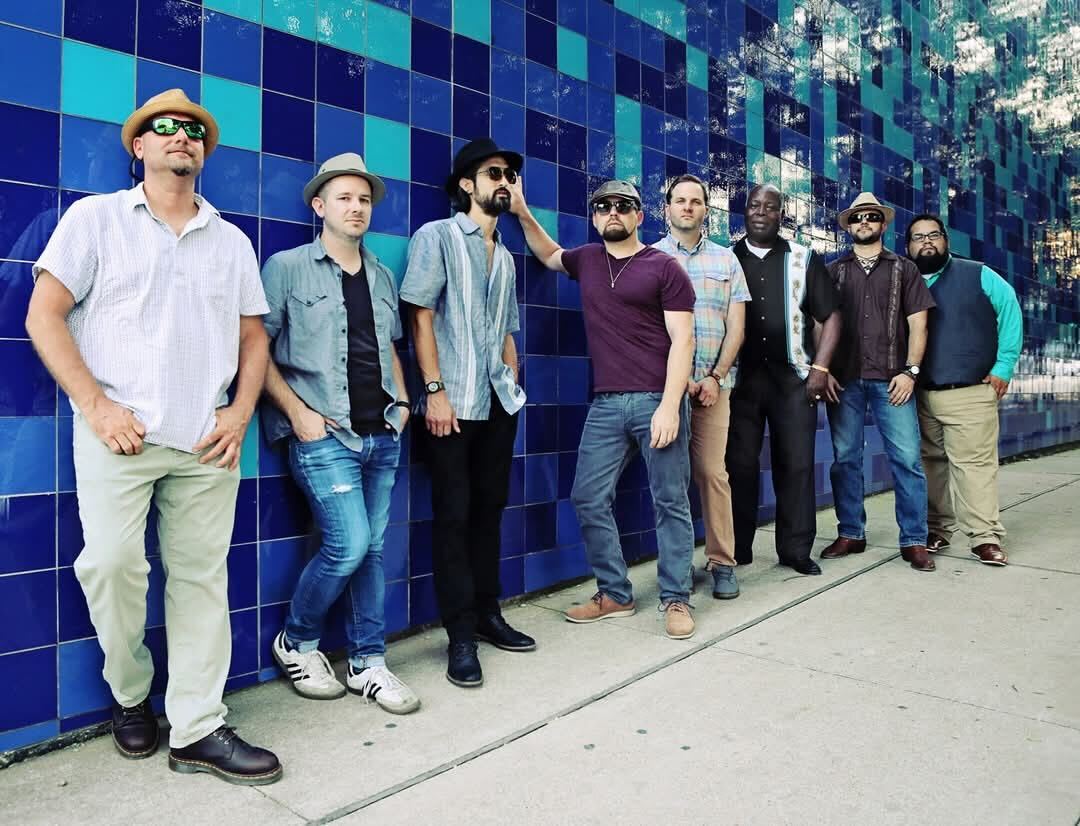Androgynous choir boy vocals backed by harp strings and electronic production, along with R&B melodies featuring a heavy bass, can only be traced back to a single artist: Pat Grossi. Recording under the name Active Child, Grossi has released two EPs and a full-length album, You Are All I See, which debuted last year. The singer-songwriter based in Los Angeles will stop by tonight for a show with English producer James Blake and the Superhumanoids.
Daily Texan: Were you ever an active child?
Pat Grossi: I grew up playing sports, so I guess I could be an active child, yeah.
DT: Where did you come up with your name as a musician?
Grossi: It came from my mom. My mom told me all these stories about when I was younger about me being obsessed with sound and music.
DT: Have you always been drawn toward R&B? What is it that made you want to mix it up with your sound?
Grossi: I definitely like R&B music. I think it’s right up my alley as far as content, control and a lot of emotion put in the lyrics and melodies. When I write music I’m always interested in how to write music and so I think I just gravitated closer and closer to R&B, that soul and that music. It’s something I wanted to pursue and be surrounded by.
DT: How do you feel you’re able to reach out to an audience who wouldn’t normally listen to harp music?
Grossi: I don’t really view the harp as this orchestral instrument. I see it as a string instrument that sounds amazing and beautiful. I think, initially, people are thrown off-guard. There are a lot of perceptions about who played it. There are a lot of interviews just flocking [people’s] brains about it, like it’s some sort of sorcerous woman playing it. I just think it becomes a part of a pretty melody. People are excited to see an instrument onstage and to see someone play it, even if it’s different from the classical stuff like guitar, bass and drums.
DT: Did you ever envision yourself making harp music more accessible to the masses of this generation?
Grossi: [The harp] has just worked its way into my music and I hadn’t really thought about whether or not it would be accessible or not. I try not to think too much about it. I just started to write a lot of music incorporating the harp.
DT: How was the transition between singing as a choir boy and starting to make your own music?
Grossi: I don’t think there was much transition to it. There were a lot of characteristics that carried over, like the melodies and the way I layer my voice. I think it’s kind of ingrained in me and it’s all very natural to me.
DT: Do you ever miss your choir boy days where you’d sing as a part of a collective instead of being solo?
Grossi: Yeah, most of the time there was a certain power that was created by 100 voices on stage; it’s such a cool thing to be a part of. I’m really focused on what I’m doing right now though: write songs, travel, play music.
DT: Were you ever singled out [in choir] by your instructors because of your voice?
Grossi: There were always three or four people the director would single out and tell the others to follow, and I was usually one of them.


